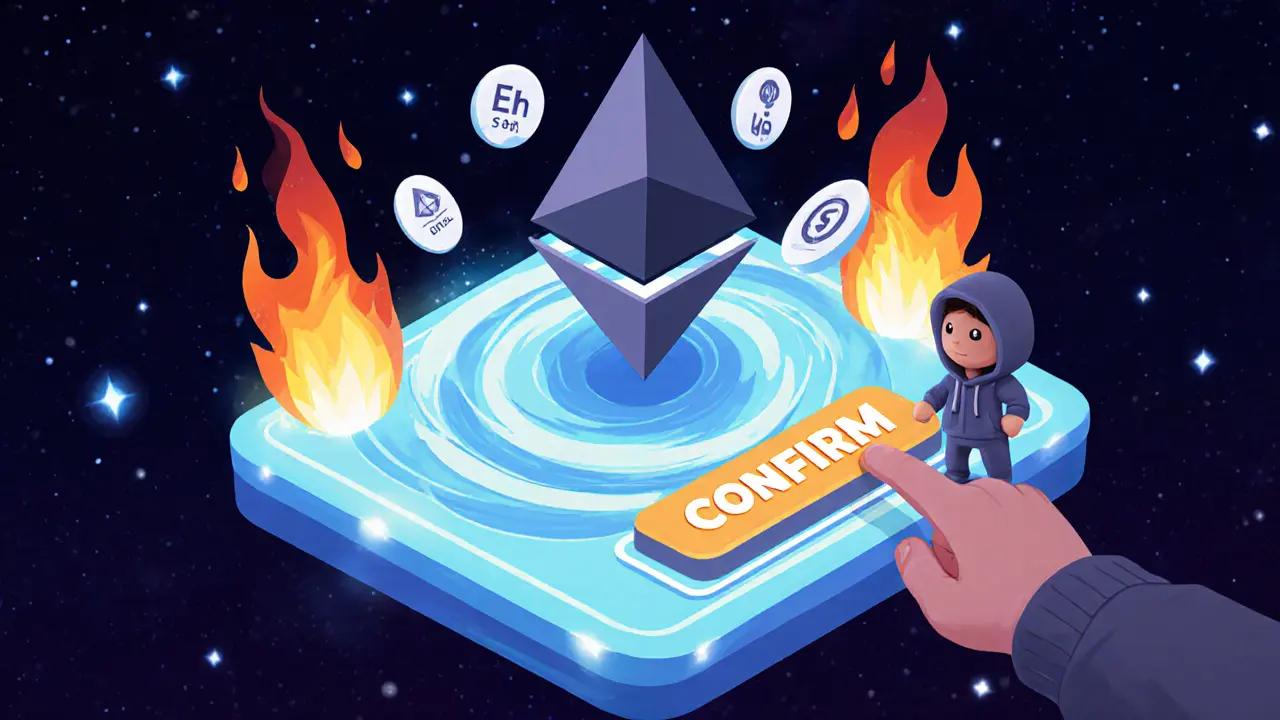DEX Trading: What It Is, How It Works, and Which Platforms to Avoid
When you trade crypto on a decentralized exchange, a platform that lets users swap digital assets directly without a central company controlling the money. Also known as a DEX, it runs on blockchain smart contracts, so your funds never leave your wallet. That’s the big promise: no bank, no KYC, no one holding your keys. But not all DEXes are created equal. Some have zero liquidity, fake trading volume, or code that hasn’t been audited. And if you’re trading on one of those, you’re not just risking your money—you’re risking getting scammed.
DEX trading relies on liquidity pools, reserves of crypto tokens locked in smart contracts that let trades happen instantly. The bigger the pool, the smoother the trade. That’s why platforms like Uniswap or STON.fi v2 work well—they have real users locking in real tokens. But look at SkullSwap or Kalata Protocol: tiny pools, no audits, no community. These aren’t exchanges—they’re traps waiting for the next person to deposit funds. And when you trade on a DEX with low liquidity, you get slippage, fake prices, or worse: your transaction fails and you lose gas fees for nothing.
It’s not just about the tech. DeFi, the broader system of open financial apps built on blockchains is full of high-risk projects disguised as opportunities. Yield farming, multi-chain swaps, and locked liquidity sounds fancy—until you realize the team vanished, the token price crashed 90%, and the contract can be changed anytime. That’s what happened with Levana Protocol and Sphynx Labs. They looked like DeFi innovations. They were just gambling with your wallet.
And here’s the truth most guides won’t tell you: DEX trading isn’t about finding the next big coin. It’s about avoiding the ones that are already dead. The posts below cover exactly that. You’ll see reviews of real DEXes like STON.fi v2 and StellaSwap v3—platforms built for specific chains, with real users and working liquidity. You’ll also see the dark side: exchanges like Blockfinex and SkullSwap that have all the bells and whistles but none of the safety. Some posts warn about Russian users getting arrested for using unlicensed platforms. Others show how governments seize crypto from exchanges with no legal footing. This isn’t theoretical. People are losing money, getting fined, or worse.
Whether you’re new to crypto or have traded for years, DEX trading can save you fees and give you control—but only if you know which platforms to trust. The guides below cut through the noise. They show you what actually works, what’s a scam, and how to protect your assets before you hit swap.
PancakeSwap v3 on Ethereum: A Real-World Review of Features, Fees, and Risks
PancakeSwap v3 on Ethereum offers advanced DeFi tools like limit orders and concentrated liquidity, but high gas fees and complexity make it best for experienced traders. Here's how it stacks up against Uniswap v3.
